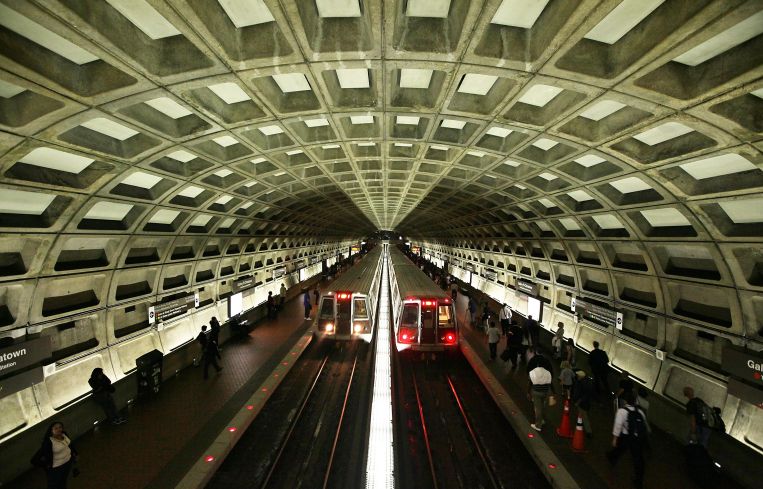Metro Forced to Reduce Service Because 50% of Operators Are Not Recertified
By Keith Loria May 16, 2022 3:36 pm
reprints
Beginning today, Metro will enact a temporary reduction in Green and Yellow line service in the Washington, D.C., region due to an operator shortage, the Washington Metropolitan Area Transit Authority announced.
This is due to a lapse in Metrorail operator recertification, with Metro reporting that approximately 50 percent of its rail operators were not recertified in time.
The certification consists of classroom instruction and supervised testing in the rail yards, as well as testing on the rail network itself, noted Theresa M. Impastato, Metro’s executive vice president and chief safety officer.
Because of the lapse, 72 train operators whose certification lapsed in May 2021 will be taken off the job until they can get recertified. More than 250 rail operators in total need to be recertified, and that process will take an estimated two to three months, Metro said.
“The board finds this unacceptable and extremely disappointing,” Paul C. Smedberg, WMATA’s board chair, said in a prepared statement. “We support Metro management’s decision to immediately remove from service operators who became out of compliance more than a year ago as a first step.”
Additionally, the board directed Metro management to deliver a full accounting of how and why this lapse occurred and to come up with a plan to ensure it is remedied as fast as possible, per the statement.
Not only will train times be affected, but the loss of operators is expected to also cause the removal of extra trains that were added to relieve crowding, support special events or replace out-of-service trains throughout the month of May.
The move will further curtail rail service, which was already under stress due to the loss of the 7000-series trains, which were pulled from service last October because of design flaws. The 7000-series trains were Metro’s newest cars and made up 60 percent of its fleet. There is still no timeline for their return.
“The board is deeply concerned about the impact this operator shortage may have on our customers and the region,” Smedberg said. “However, the board made it clear safety is the top priority, and while Metro has made strides in recent years, this issue demonstrates that more work must be done to ensure an organizational-wide safety culture.”
Rail ridership was at roughly 35 percent of pre-pandemic numbers in April, while bus ridership was up 87 percent, according to Metro. Some riders may have switched from rail to bus because of the reduced service.
Metro’s safety department is also currently reviewing the refresher training of more than 2,500 bus operators. The bus review follows a different process than rail, according to the statement.
Requests for comment from Metro were not immediately returned.
Update: This story originally misattributed source material. This has been corrected. We apologize for the error.
Keith Loria can be reached at Kloria@commercialobserver.com.



